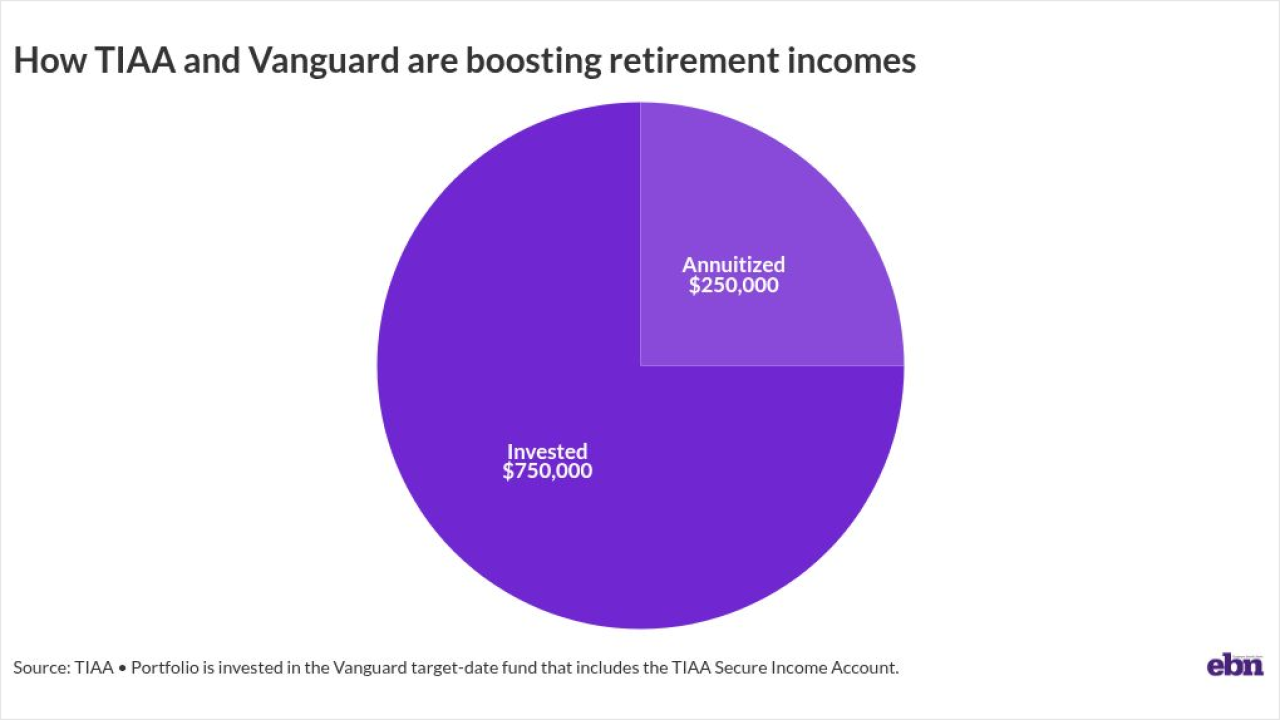At 25, Ellen Rudolph's biggest concerns weren't navigating a busy social life and making it to work on time; it was her
"I was supposed to be thriving, living my best life and climbing the career ladder," Rudolph says. "Instead, it felt like I was being struck down. It was terrifying. I thought I was acutely ill and dying."
Rudolph suffered through a whole host of strange and seemingly unexplainable neurological and cardiac symptoms, ranging from debilitating fatigue to brain fog. Rudolph missed deadlines,
"I got to the point in my own journey where I started to question myself, too," she recalls. "I told myself that maybe it really had been a stressful couple of months. Still, I felt really lost and like I didn't have anyone to lean on, which made it incredibly challenging to keep searching for a provider that would say 'I believe you.'"
Read more:
It took
"It wasn't until I really got to the root cause of my symptoms and changed my diet and lifestyle that I was able to reclaim my health," she says. "Afterwards, I learned the unfortunate reality that my story is actually not unique at all."
Check out EBN's full special report on the
How much longer can employers endure rising healthcare costs? Why employers can't afford to stick with a traditional healthcare model To manage OCD, mental health benefits make a big impact Why healthcare literacy is key to financial wellness
Medical gaslighting
Women make up approximately 80% of the 50 million
As a result, women spend 25% more of their lives
Read more:
These
"This is part of why [women] have historically been underserved," she says. "Autoimmune diseases are disproportionately impacting women and people of color and leading to more medical gaslighting in the healthcare system."
The time between the first doctor's
WellTheory wants to
"A lot of the process is also acknowledging someone's lived experience," Rudolph says. "We have patients that maybe have been diagnosed for over 10 years, but they still haven't been able to find treatments or solutions that work. What we're trying to do is create a more compassionate type of care."
Read more:
WellTheory can't diagnose or treat employees directly; instead they focus their efforts on
More inclusive care
But companies like WellTheory can't do it alone — employers play an essential role in ensuring their workers have the resources they need to care for their health. One way is to partner with third-party platforms that offer more comprehensive care options. Another is to do annual reviews of the providers already in their network to ensure that the
"Make sure your network has good coverage of different types of specialists because there are gaps in the current healthcare system," Rudolph says. "Really lean on supplementary programs that can plug those gaps and help all employees to incorporate positive habits around their health and lifestyle."
Making sure that
"Give your people time and space and account for the fact that there's a population that tends to have more doctor's appointments than others," she says. "Make talking about [the diagnosis journey] culturally acceptable because putting your health first is the most important thing, so demonstrate that through your actions."






